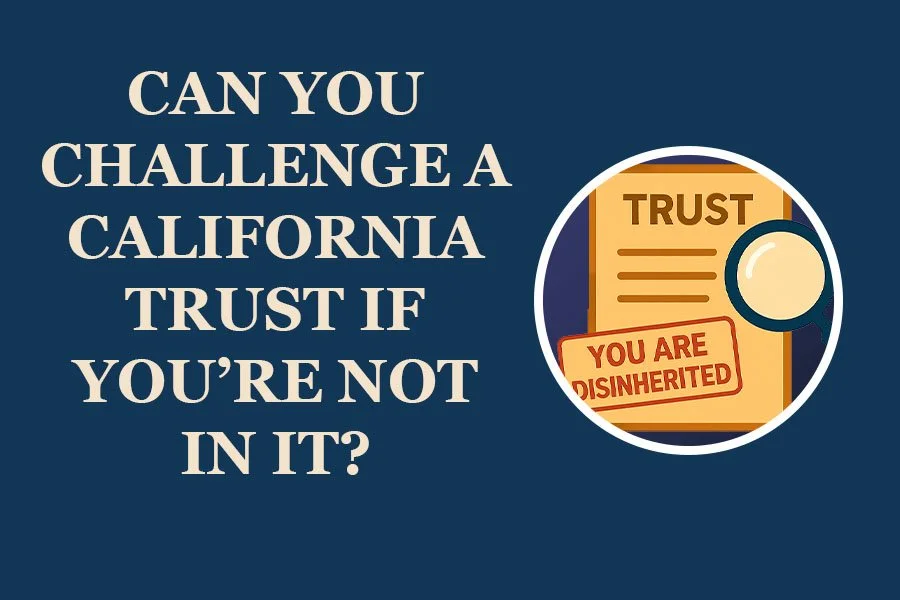Wills 101
We’ve all seen the famous reading of the will scene in movies and tv. The attorney calls the family into their office and reads a couple page document of the deceased person’s instructions on who who gets the house, the wedding ring, the 150-year-old grandfather clock and then a fight breaks out because of family drama. In reality though, this never really happens and, at least in most parts of the western US, a will is a small document that has relatively little power, at least when compared to a trust. However, what exactly is a will?
The legal definition of a will only reinforces the reading of the will stereotype. According to Black’s Law Dictionary (9th Edition), a Will is the legal expression of an individual's wishes about the disposition of his or her property after death; especially, a document by which a person directs his or her estate to be distributed upon death.
However, a more real world definition of a will as given by Dale Bethel is:
A Will is a basic written instruction to the court outlining who your heirs are and how much everyone is going to receive. It is the “public” way of managing your estate as it needs “court” to pass a clean title. Also, a will does not do the maker of the will any good during their lifetime as the executor has no authority to protect you in case of disability or incapacity.
The operative word there though is court. While a will does give an outline of your wishes, your estate is still mostly likely going to have to pass through a public probate process where a judge is going to have ultimate discretion over the handling of your estate.
We’ll discuss the advantages and disadvantages of wills along with the probate process in greater depth in later posts, but for now you should at least have a better understanding of what a will really is in the real world.
Also, if you’d like to learn what exactly a trust is, you may read our blog post here to learn more.
If you enjoyed this post or found it informative, we’d be very grateful if you’d help it spread by emailing it to a friend, or sharing it on Twitter or Facebook. Thank you!
If you would like to schedule a complimentary consultation to meet with Dale Bethel to go over your Trust or Estate Planning needs, you are welcome to schedule a meeting online here or call our office at 909-307-6282.



